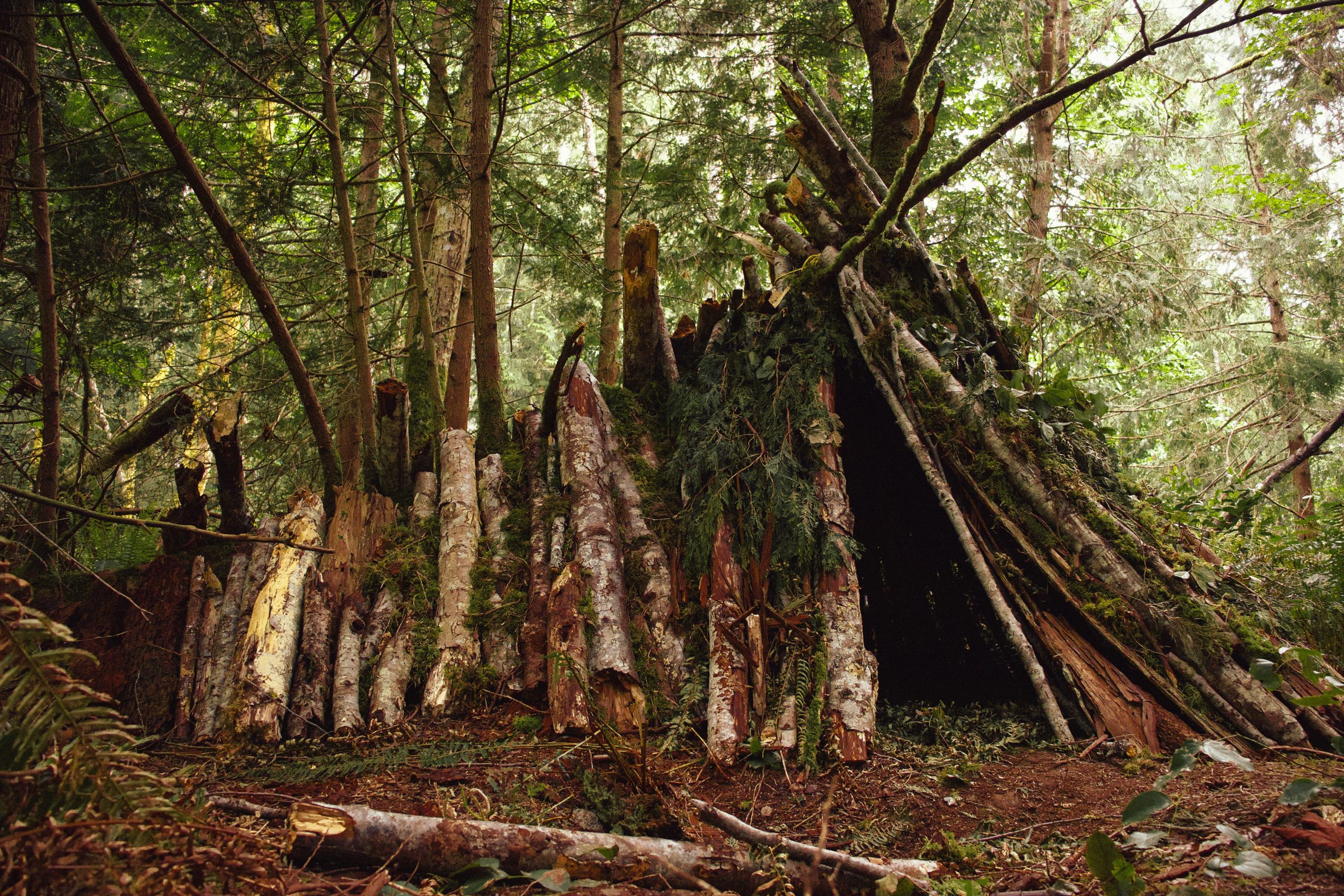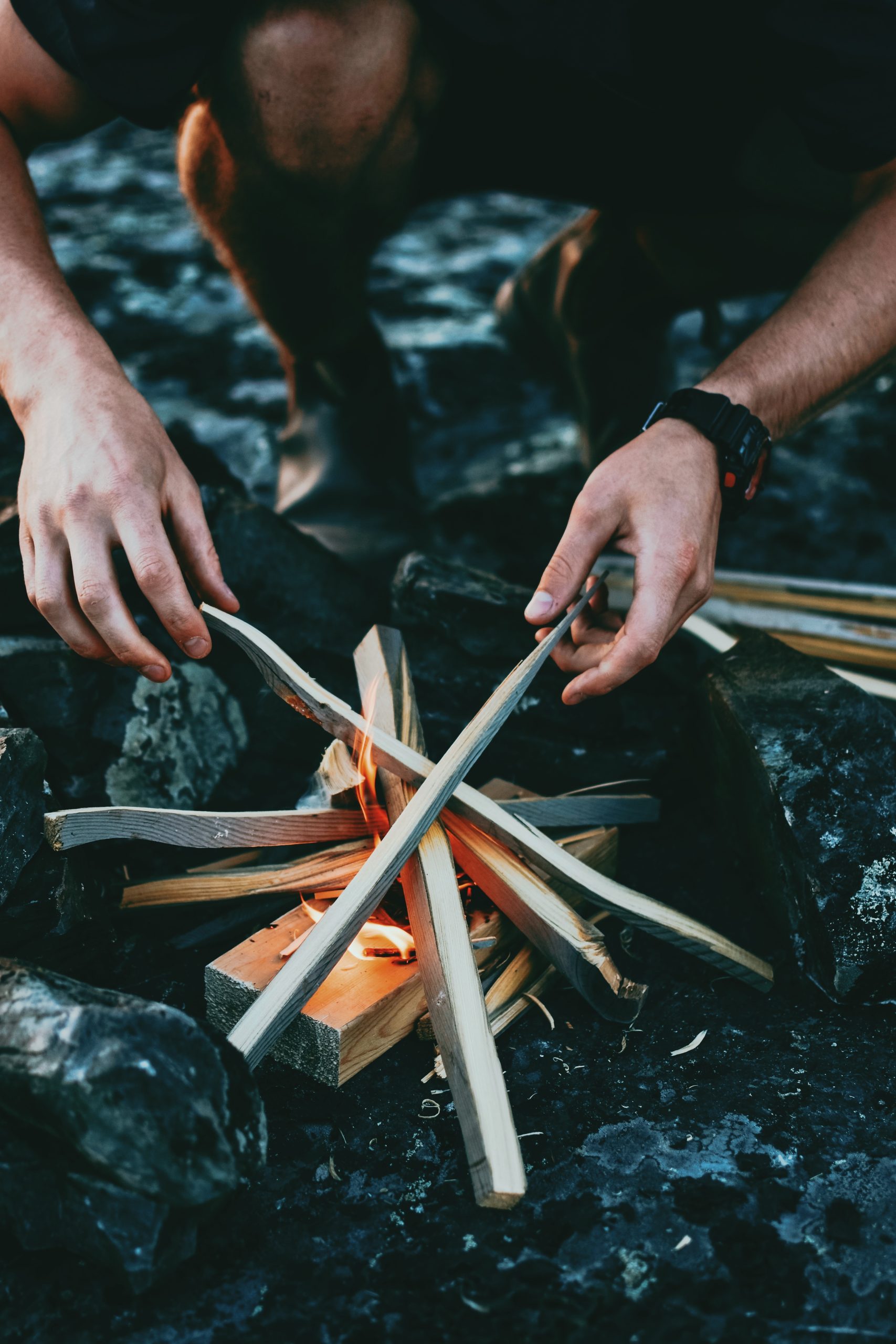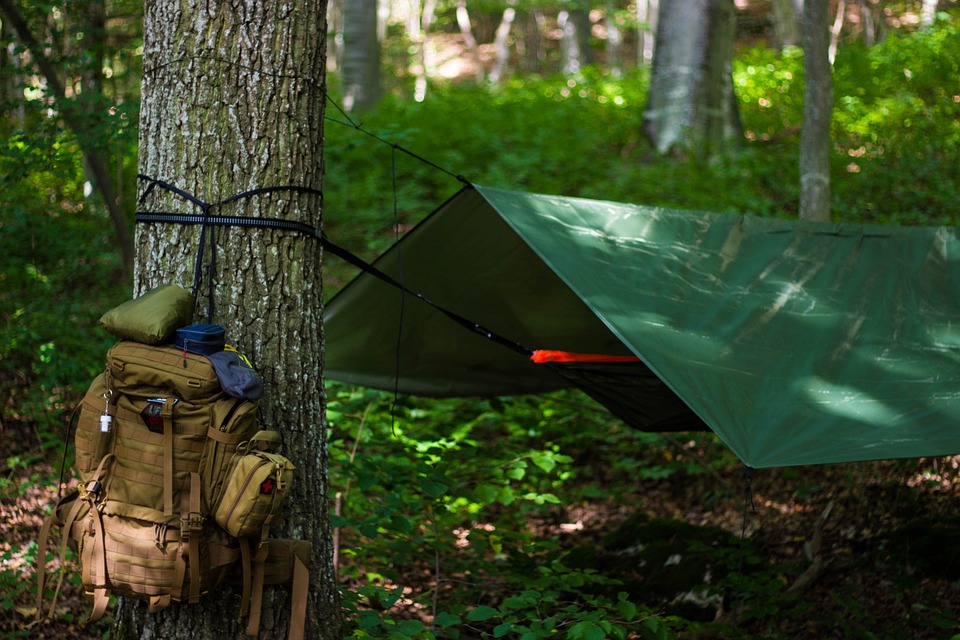Last Updated on November 23, 2022 by admin_hunter
Unfortunately, you may be confronted with an extreme scenario such as a natural disaster, an aircraft accident, a naval or nuclear incident, an unanticipated scenario, or even war when you must remember the fundamental principles of survival.
Adaptation is the key to survival. It’s tough to prepare for a survival scenario since the circumstances typically win. You must be adaptable and take advantage of whatever you discover.
In this post, we’ll go through some of the most important tips for surviving on an island.
These include:
Find Some Water
When stranded on a desert island, your primary concern is almost always water. Finding water should be your top priority to help you survive on the island unless it’s raining season.
Water is not a mystery. It’s not a secret that it’s the key to survival. You can stay three weeks without food, but you only have about three days before you perish a horrible death if you don’t get enough water.
The average adult body contains 70% water. (Water makes up 70% of the human body, and it must assimilate from 2-3 liters of water each day.) during summer, you must keep in mind that the demand for water increases from 5-8 liters each day in a hot or humid environment.
It is critical to drink at least 1 liter of water per day when surviving.
Take your rations and drink them in small sips before moisturizing your lips to get the most out of each mouthful.
Find a Shelter

Your second step in surviving a disaster is to secure enough water so that you can hydrate yourself and your family. A Tepee can be used as an adequate shelter depending on the circumstances.
- At this point, you must survey the island and gather 20 long and thick branches. Your Tepee will benefit from greater structural stability if you obtain thicker branches. Also, get as much thick foliage as feasible.
- To make a tripod structure, plant the three longest branches.
- Make a compact enclosure with a small open place for an entrance by laying the last branches around the tripod in a circle.
- You need to make your house chill. Build a fence or lay tree branches on the ground.
Make a Fire

The first thing you should do after you’ve moved into your new house is built is, have for yourself a roaring fire to keep warm. Campfires are used for boiling water, cooking, and emitting a distress signal that can be seen from above by planes flying over or thousands of kilometers away.
It looks difficult to light a fire without the usual equipment needed to create one, but it is not.
Steps on Making Fire
When surviving on an island, fire should be a top priority.
These are steps of making fire when you don’t have a lighter.
- Collect sufficient dry splinters and various-sized dry branches.
- Make a small Tepee with the smaller twigs and put it in the center of the area you’d like your fire, utilizing your Tepee building skills if necessary.
- Use a piece of wood to make a groove in the base.
- Place tinder at the end of the line so that you may light it.
- In this step, use a hard stick to plow the end up and down this groove to create friction.
- Using a flint and tinder, start a fire. Blow on the tinder to help it smolder and get burning.
- When the fire is burning, gently blow on it to assist its spread and add smaller twigs and branches.
Always Find Food

Your body will adapt to a nutritional deficit. Nutritionists are confident that even though you may feel hungry after 15 hours without eating, sections of your body still get the nutrients they require (you can survive for up to 40 days or more under resting conditions if you must fast for more than 15 hours).
If you know where to look, you can always
The most frequent meal on a desert island is usually fish. It’s time to become a caveman if you don’t enjoy seafood. Spearfishing is the best approach to catch fish in this situation. You may use a sturdy branch you find on the island to make a spear and straighten it, sharpening the tip and ensuring that it is long enough and hefty enough to throw.
Where to Find Fish On an Island
On an island, your best chance for finding fish is in the shallow water areas surrounding the beach. The ideal spot is on the rocks, as fish will be feeding on seaweed beneath you and won’t be frightened. If you must wade into the water, be cautious and proceed slowly to avoid frightening them.
When spearing fish, keep the spear at your side and wait for a fish to settle in one spot. Extend your arm as quickly as possible and hurl the spear. Always aim for the fish’s head when throwing a spear.
It won’t be easy at first, but with some practice, you’ll be able to prepare an excellent meal.
Keep an eye out for predators on the island

If you’re stranded on an island, the story will unfold in a specific area or environment connected to the location where you are marooned. Predators may be a very real and imminent threat if stranded on an island.
It is critical to be cautious of the pests and animals that may be present in your new temporary house with you.
Take precautions to avoid being bitten by poisonous snakes and stinging insects, as well as other creatures that can harm you.
Why Do I Need To Be Armed?
It’s better to be armed and not need it than to need one but not have it. Make a knife from smaller branches by keeping the spear you use for fishing on land close.
Make as many as you like and place them in locations where you spend a lot of time so they are always accessible.
Your top concern should be sharks, barracuda, jellyfish, and other such aquatic creatures. In the water, you’re in the predator’s domain; if you are attacked, your chances of survival are slim. As a result, if at all possible, stay in shallow water.
That’s everything you need to know about how to live and survive on an island.

